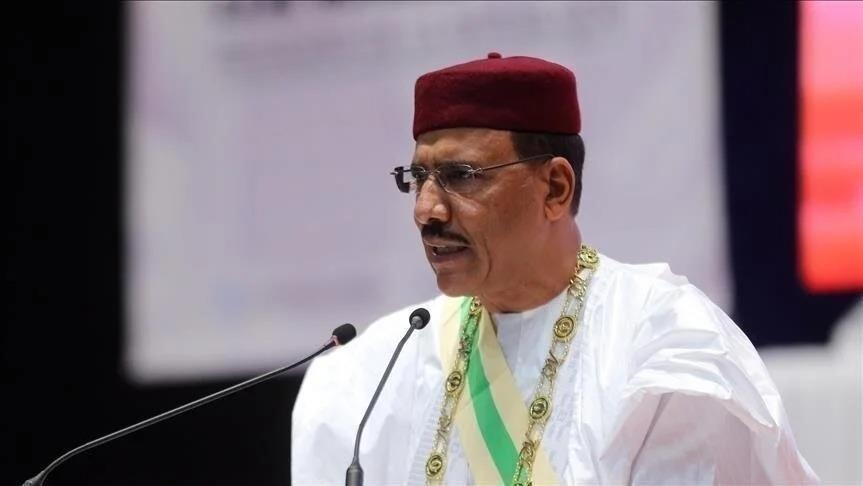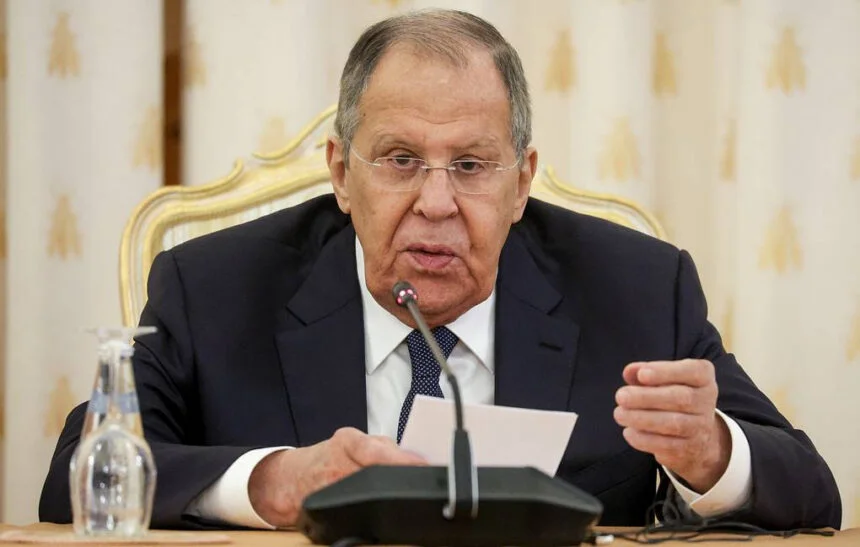With geopolitical confrontation and tensions deepening, the key global players are swiftly turning their focus on Africa, experts and observers note, with some of them warning African leaders to exercise prudence in forging international alliances, in particular with countries led by such “‘power-drunk’ leader(s) like Putin”.
As African leaders are making strategic choices based on their respective development paradigms, they are naturally exploring ways for effective external collaboration to transform untapped resources, modernize agriculture or, for example, boost employment. While many African leaders have maintained extensive bilateral relationships with their former colonial powers, on the other hand, Russia and China have been critical of Western and European connections to Africa. But according to Kester Kenn Klomegah, expert on African affairs in the EurAsian region and former Soviet republics, “following anti-Western slogans will definitely not guarantee or facilitate the expected development.”
“Anti-Western slogans are still prevalent in Russian communication to Africa, which still clearly have some relevance and resonance,” says Steven Gruzd of South African Institute of International Affairs (SAIIA). “But, Africa needs trade and investment more than anti-Western slogans and mere policy rhetoric to turn the economic fortunes of the continent around.” This is especially the case with Russia, which is still a very small economic player in Africa, with the size of its $17 billion trade with the continent in 2021 being many times smaller than that of China’s and the European Union’s.
Also another Africa expert, Cristiano Volpi, argues that African leaders need to be acutely aware “the potential consequences of international alliances” and of the necessity to “navigate these alliances carefully.” To that end, he urges Nigerian leaders to “refrain from engaging with the BRICS alliance, particularly due to concerns around the reliability of President Putin of Russia.” He goes as far as warning of “the potential dangers of becoming entangled with the aggressive policies of a ‘power-drunk’ leader like Putin, which could lead to catastrophic consequences for Nigeria and, by extension, to other African states.”



